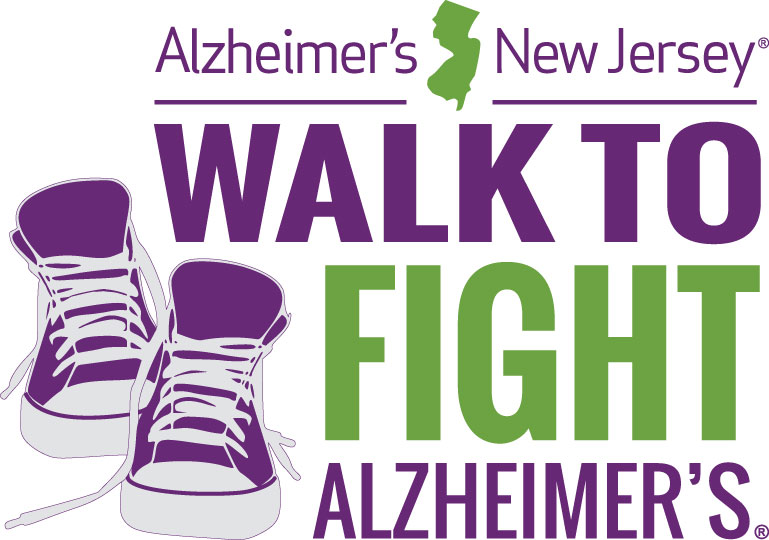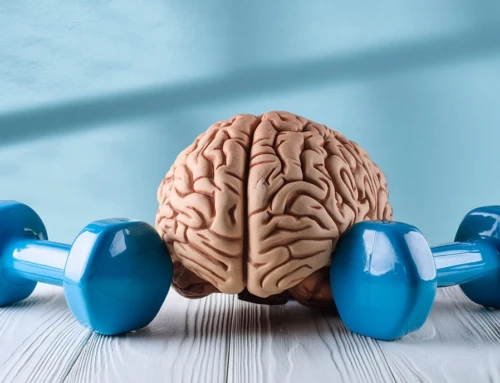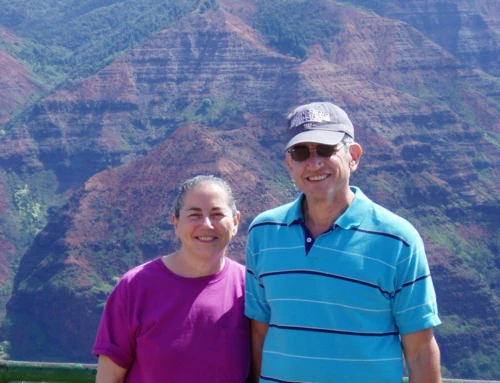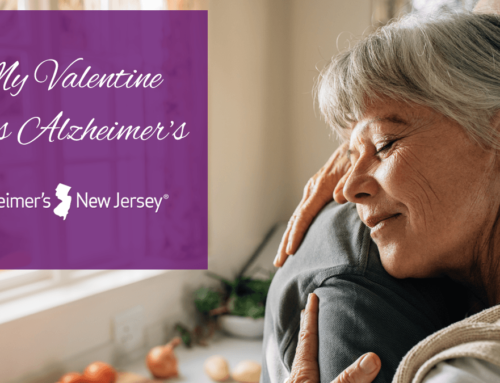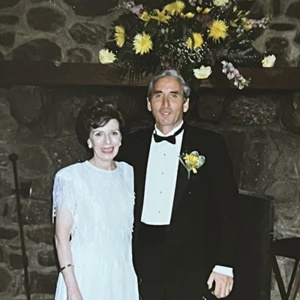 Jennifer and I were married for 58 years. If couples can say “we are having a baby,” I can say that “we had Alzheimer’s disease.” When she became ill with Alzheimer’s, her story became our story.
Jennifer and I were married for 58 years. If couples can say “we are having a baby,” I can say that “we had Alzheimer’s disease.” When she became ill with Alzheimer’s, her story became our story.
Jennifer and I did many things together. We ran the New York City marathon. I completed the 26.2 miles while she waited patiently at the finish line with the Bengay. We went to the ballet together. She enjoyed the performance while I enjoyed a good snooze. We participated in the New York Times crossword puzzle tournament. She won a trophy while I cheered her on.
Jennifer was gentle and caring—a true lady. She never went to the mailbox at the curb before applying her lipstick. She loved and treated all people with kindness and respect. She cared for animals that made our backyard their home, feeding the squirrels, birds, foxes—and even a bear.
Jennifer was a children’s librarian and loved to read to kids. Whenever we ran into her kids at the supermarket, they referred to her as the “story lady.” A great lover of books, in her spare time, Jennifer transcribed literature into braille.
I did not recognize (or did not want to face) Jennifer’s early symptoms of Alzheimer’s. These included forgetting where she parked her car, several falls, uncharacteristic displays of anger, frustration and combativeness, and the inability to express herself. The final sign was when she forgot the sacred tradition of her standing Friday morning hair appointment.
I was unprepared for the role of caregiver and unaware that there were resources that would explain what to do or not do. I tried my best to keep the household running, doing laundry and helping to bathe Jennifer. Our neighbors provided meals (Jennifer spoiled me. I barely know how to boil an egg). I felt scared, helpless, and lonely. I was exhausted and lost sleep. Every night, while we “slept.” I tried to hold on to Jennifer’s pajamas in case she woke to wander through the house.
I lost thirty pounds while trying to maintain the semblance of a normal household. After Jennifer experienced more falls – I had to call 911. Jennifer needed to be safe. She was admitted to a local hospital. It broke my heart.
Shortly thereafter, I collapsed from total exhaustion and unrelenting anxiety. My world was off kilter without Jennifer. I no longer had a normal routine. Recognizing my unhealthy levels of physical and emotional stress, my daughter-in-law had me evaluated and I was admitted to the hospital. She also found an assisted living facility where Jennifer and I could stay. There, Jennifer lived in a memory care unit on one floor, and I lived in an apartment on another floor: nevertheless, my heart remained with Jennifer.
Coincidentally, the assisted living is two buildings away from the Alzheimer New Jersey® office. I had the good fortune to attend a caregiver support group there and found it very helpful. I gained insight into Jennifer’s disease and learned how I could communicate more empathetically with her.
After Jennifer passed away and I was no longer a caregiver, I began volunteering at Alzheimer New Jersey. I often make thank-you calls to donors and Walk to Fight Alzheimer’s® team captains. I also help with packing and organizing supplies for the Walk. Volunteering is very gratifying. I want to help Alzheimer New Jersey to say thank you for the help that was given to me. All the fine and understanding people at Alzheimer New Jersey have become my support group, for which I am eternally grateful.
This article was not easy to write. I hope that our story, Jennifer’s and mine, will enable readers to enjoy the precious time with their loved ones as they live with this horrible disease.
— Michael B.

